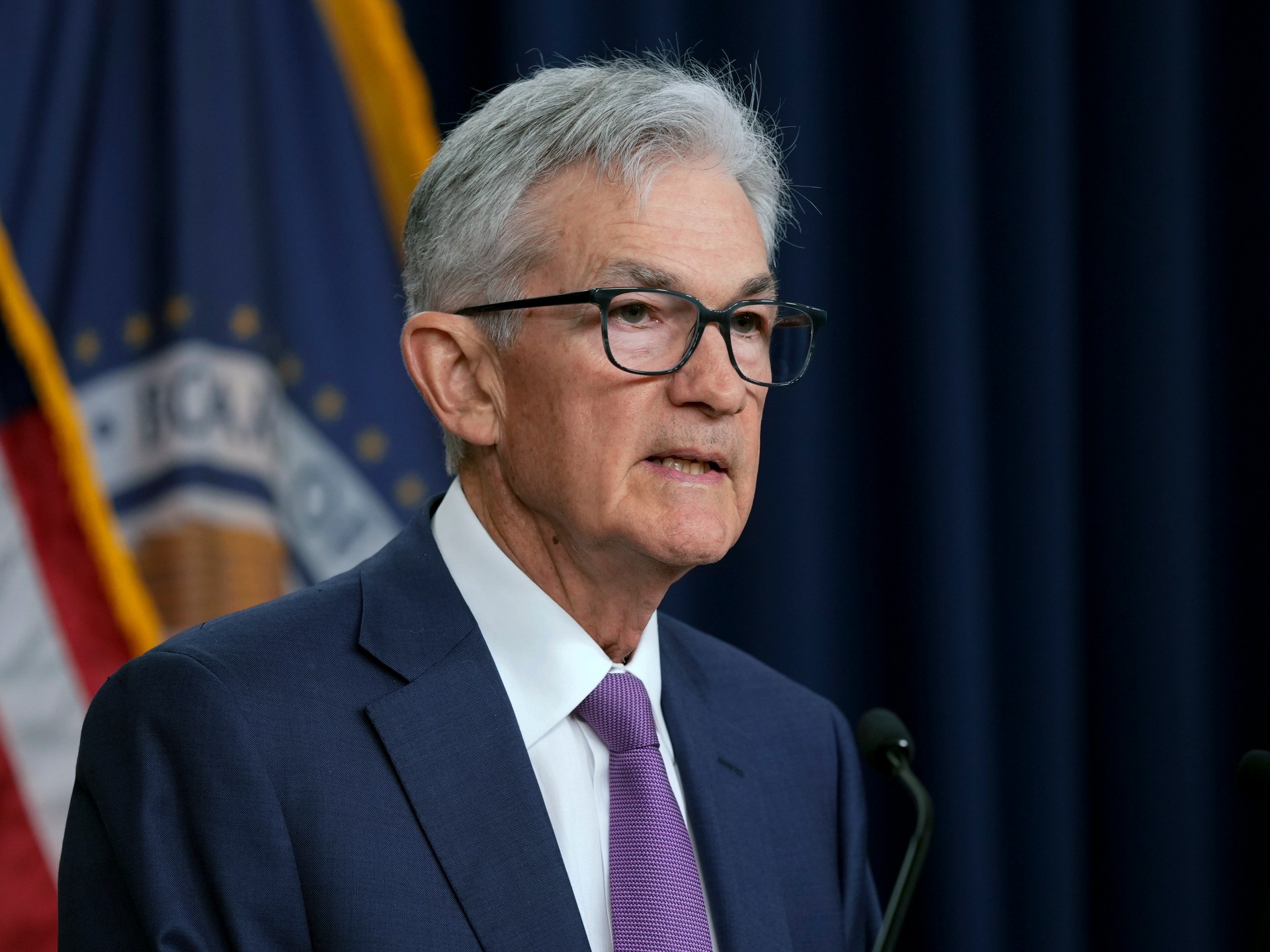Georgia’s parliament in May gave final passage to a controversial new law, overriding a veto by President Salome Zurabishvili (pictured in 2020) who has split with legislators and party leaders over supporting protesters who took to the streets against the bill. File Photo by Zurab Kurtsikidze/EPA-EFE
Sept. 16 (UPI) — The United States on Monday placed sanctions on four individuals and citizens of eastern Europe’s Georgia over accusations of human rights abuses and brutal crackdowns on peaceful protesters and political opponents over a controversial new law, U.S. officials said.
“Today’s action underscores our concern about the consequences of anti-democratic actions in Georgia and efforts by key individuals to use violence and intimidation to achieve their aims,” stated Bradley T. Smith, the U.S. Treasury’s acting under secretary for Terrorism and Financial Intelligence, in a news release on Monday.
The federal government says Zviad Kharazishvili and his deputy Mileri Lagazauri are two government officials of the Republic of Georgia — located to the south of Russia in eastern Europe — who, along with Konstantine Morgoshia and Zurab Makharadze allegedly took part in “violently suppressing the exercise of the freedom of peaceful assembly of Georgians engaged in the democratic process and peaceful expression,” according to Treasury.
Georgia’s parliament in May gave final passage to a new law, overriding a veto by President Salome Zurabishvili who has split with legislators and party leaders in support of protesters who took to the streets.
In May, “despite weeks of mass protests against” proposed legislation that would stifle fundamental freedoms including that of the free press, the U.S. contends, the ruling Georgia Dream party passed the so-called “On Transparency of Foreign Influence” law otherwise known as the “foreign influence law.”
The new law requires non-governmental organizations and outlets, including media organizations, that receive more than 20 percent of their funding from foreign sources to register as organizations “pursuing the interest of a foreign power.”
“It also runs counter to values which bind Georgia to Europe and the European Union,” the department added.
The Dream party insists the new law was needed to ensure transparency in Georgia’s political scene and to protect its sovereignty, while the government has denied heavy-handed tactics were used against demonstrators, Radio Free Europe reported on Monday.
During protests prior to the law passing, security forces from the Ministry of Internal Affairs Special Task Department “violently targeted Georgian citizens, political opposition leaders, journalists, and youth activists who were peacefully expressing their views.”
Kharazishvili, chief of the “Special Task Department,” allegedly oversaw the violence along with Lagazauri.
The array of sanctions by the Treasury’s Office of Foreign Assets Control, among other things, limits their ability to do business with American interests.
Morgoshia, founder of media company Alt-Info, in the past had allegedly leveraged his platform used to amplify disinformation and spread hate speech and threats against marginalized communities during similar events last year and in 2021which led hundreds of people to break into non-governmental organization offices and attack journalists and police officers at the scene.
It is alleged that Makharadze, also associated with Alt-Info, helped “direct, organize and fundraise for the anti-human rights violence in 2021 and 2023 with Morgoshia. And during attacks, led a group to clear out protestors from in front of Georgia’s parliament and then instructed followers to go with Morgoshia to attack the non-governmental organization offices.
Meanwhile, DOS added it is taking further steps to impose visa restrictions on more than 60 other Georgian individuals, including other government officials “responsible for, or complicit in, undermining democracy in Georgia” in sanctions which also will include family members, according to the U.S. Department of State.









